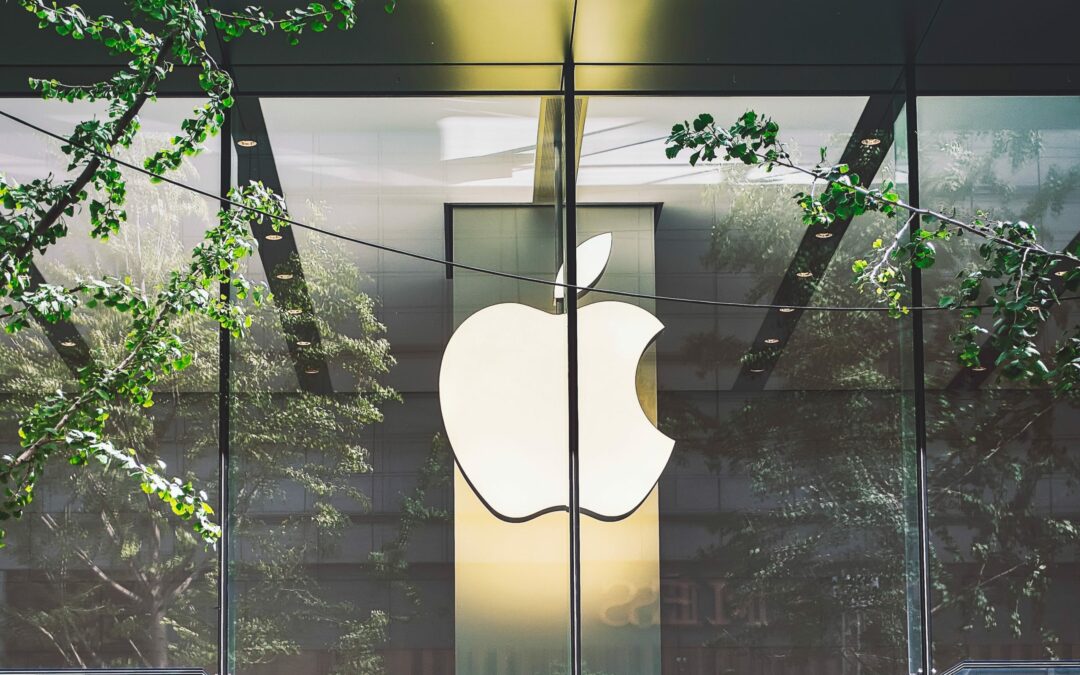Today, the Consumer Financial Protection Bureau (CFPB) took action against Apple and Goldman Sachs for customer service breakdowns and misrepresentations that impacted hundreds of thousands of Apple Card users.
The CFPB found that Apple failed to send tens of thousands of consumer disputes of Apple Card transactions to Goldman Sachs, and when Apple did send disputes to Goldman Sachs, the bank did not follow numerous federal requirements for investigating the disputes. Apple and Goldman launched Apple Card despite third-party warnings to Goldman that the Apple Card disputes system was not ready due to technological issues.
These failures meant that consumers faced long waits to get money back for disputed charges, and some had incorrect negative information added to their credit reports.
The CFPB is ordering Goldman Sachs to pay at least $19.8 million in redress and a $45 million civil money penalty, and Apple to pay a $25 million civil money penalty.
The CFPB is also banning Goldman Sachs from launching a new credit card unless it can provide a credible plan that the product will actually comply with the law.
The CFPB also found that Apple and Goldman Sachs misled consumers about interest-free payment plans for Apple devices. Many customers thought they would automatically get interest-free monthly payments when buying Apple devices with their Apple Card. Instead, they were charged interest.
In some cases, Apple did not even show the interest-free payment option on its website on certain browsers. Goldman Sachs also misled consumers about the application of some refunds, which led to consumers paying additional interest charges.
In August 2019, Apple introduced Apple Card in partnership with Goldman Sachs Bank, marking a significant expansion into consumer lending for both companies. The partnership allowed Apple to provide a financing mechanism to ratchet up sales of its devices, including iPhones and iPads. The Apple Card also sought to induce more spending at Apple’s retail stores and Apple’s App Store.
Goldman Sachs’ involvement in Apple Card was part of the bank’s foray into consumer finance, which began in 2016 with the launch of its Marcus brand. Despite limited experience in the consumer credit card market, the Apple Card partnership offered Goldman Sachs a prime opportunity to establish itself in the market.
With the Apple Card, Goldman Sachs extends credit to consumers and handles account servicing. Apple designed the customer-facing interfaces used to manage Apple Card accounts on Apple devices. That includes a “Report an Issue” feature which allows consumers to dispute Apple Card transactions. Apple was also deeply involved in marketing and advertising.
Apple and Goldman’s agreement incentivized an earlier introduction of Apple Card by giving Apple the right to impose a $25 million penalty for each 90-day delay caused by Goldman. Four days before launch, the Goldman Sachs board of directors learned that critical Apple Card disputes systems were “not fully ready” due to technological issues, but the companies proceeded anyway.
Later, in December 2019, Goldman Sachs and Apple introduced a new feature called Apple Card Monthly Installments, which allows users to finance the purchase of certain Apple devices with Apple Card directly from Apple through interest-free monthly installments, similar to a Buy Now, Pay Later product.









